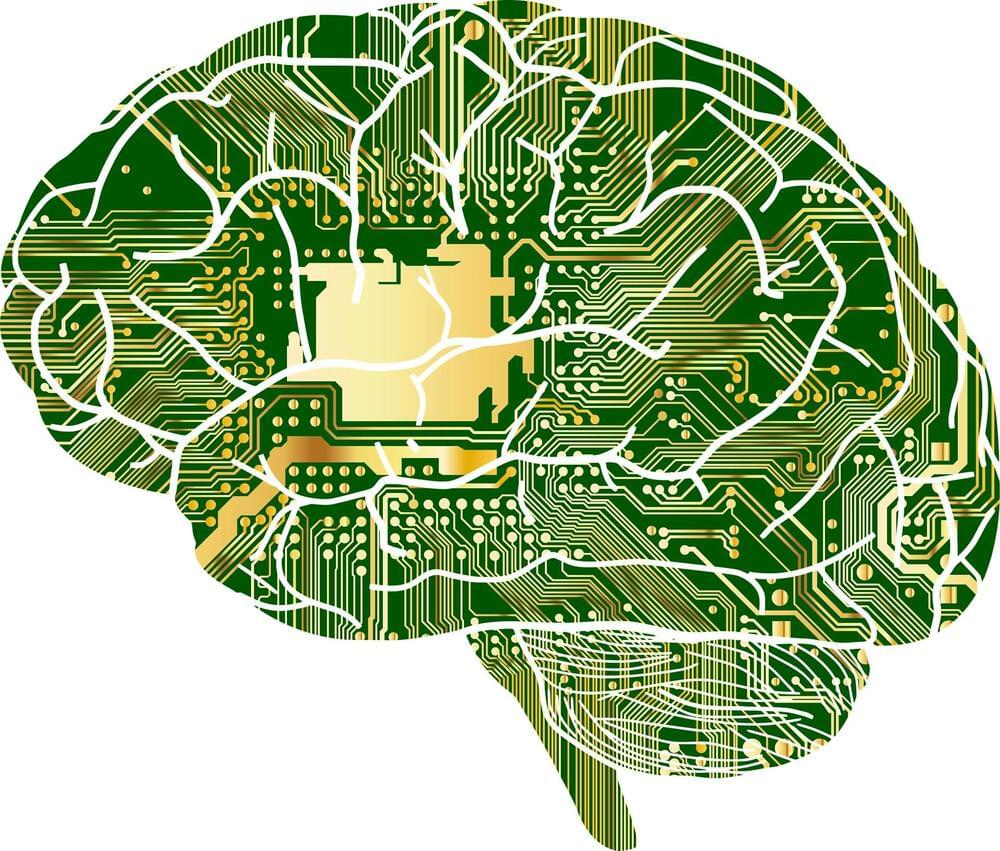From chatbots that answer tax questions to algorithms that drive autonomous vehicles and dish out medical diagnoses, artificial intelligence undergirds many aspects of daily life. Creating smarter, more accurate systems requires a hybrid human-machine approach, according to researchers at the University of California, Irvine. In a study published this month in Proceedings of the National Academy of Sciences, they present a new mathematical model that can improve performance by combining human and algorithmic predictions and confidence scores.
“Humans and machine algorithms have complementary strengths and weaknesses. Each uses different sources of information and strategies to make predictions and decisions,” said co-author Mark Steyvers, UCI professor of cognitive sciences. “We show through empirical demonstrations as well as theoretical analyses that humans can improve the predictions of AI even when human accuracy is somewhat below [that of] the AI—and vice versa. And this accuracy is higher than combining predictions from two individuals or two AI algorithms.”
To test the framework, researchers conducted an image classification experiment in which human participants and computer algorithms worked separately to correctly identify distorted pictures of animals and everyday items—chairs, bottles, bicycles, trucks. The human participants ranked their confidence in the accuracy of each image identification as low, medium or high, while the machine classifier generated a continuous score. The results showed large differences in confidence between humans and AI algorithms across images.
